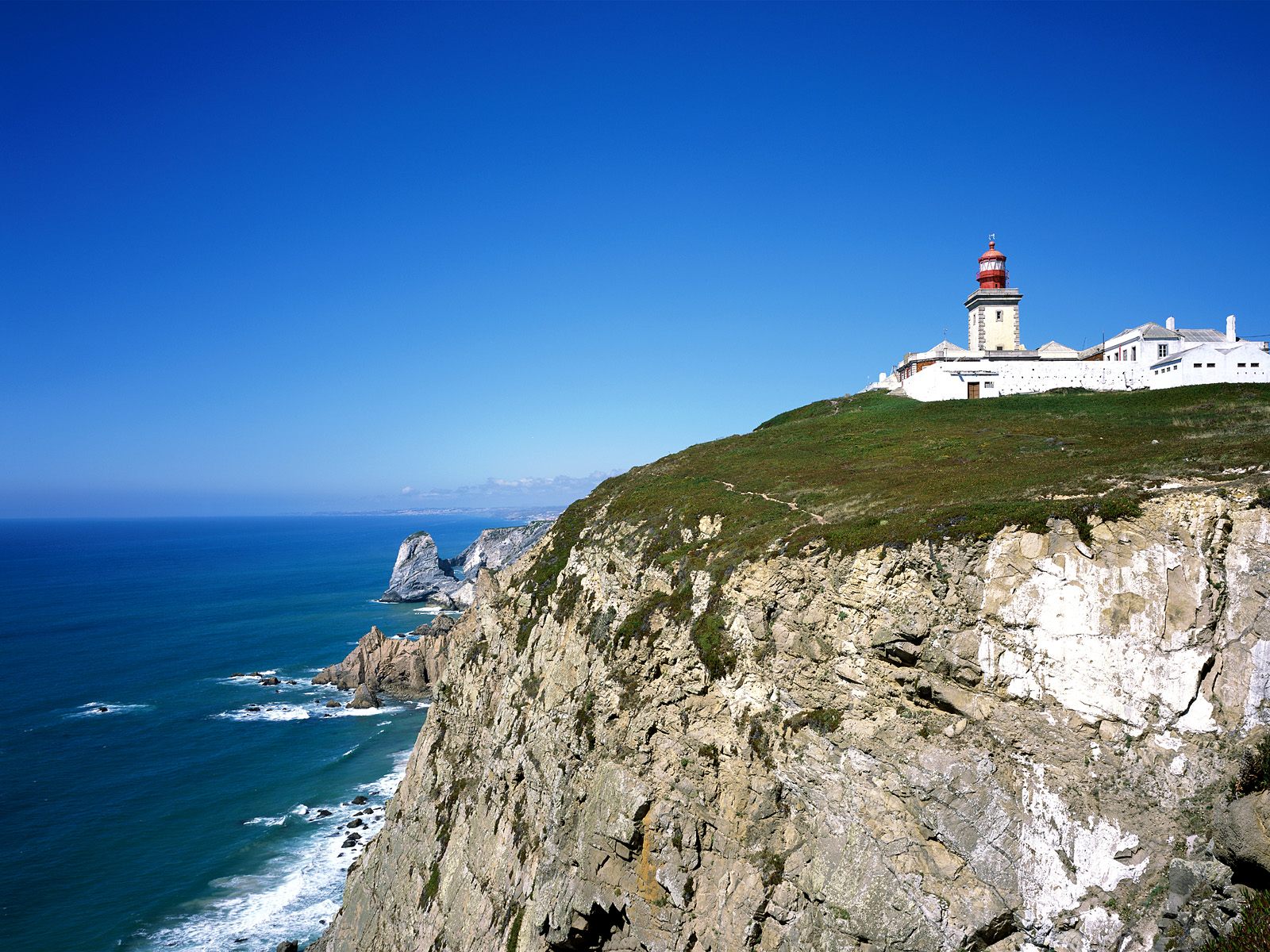Investment Opportunities in Portugal
By Pedro Simões
Posted: 3rd November 2015 08:45
In 2011 and 2012 the economic climate proved challenging in Portugal with a large number of businesses closing down. Since 2013 the situation has improved, however companies continued to close. It is only now, in 2015, that we have witnessed more companies opening than closing.The cost of services and the real estate market has suffered, and is still suffering. Even so, the real estate market is a sector that has seen a lot of activity over the past year. Since the launch of the Golden Visa Programme in 2012 (a fast track for foreign investors from non-EU countries to obtain a fully valid residency permit in Portugal) a huge number of foreign companies are working solely in the real estate market. As well as real estate, there are also positive opportunities in tourism projects and agriculture.
The key challenge is to get liquidity in the economy. We need to get investors involved in different projects. Financing economy is being better for Companies, and the Bank system is increasingly keen to invest into the economy, however the crisis years "killed" the development of potential projects. Some new projects are being established but progress is expected to be slow as they are still in preparation and will take four to five years to have any surmountable effect on the economy.
Portugal already possesses a decent tax regime in terms of residency for when an investor comes to Portugal, and there is also an NHR (Non Habitual Resident) status for tax purposes.
But what are the Competitive advantages to be Non Habitual resident in Portugal?
For 10 years, taxation related to private income tax on labour income in Portugal is at a fixed rate of 20%, and there will not be a double taxation for pensions or for employment and self-employment income obtained abroad.
The requirements to obtain Non Habitual Resident status are:
1) Having not been a resident in Portugal for the last five years;
2) Register at the local tax office as a tax resident in Portugal;
3) Request that the status of Non-Habitual Resident be attributed at the time of registering as a tax resident in Portugal, or by 31 March of the year following that in which you become a resident in Portugal.
What about Income abroad?
For Pensioners and retired people, income is taxed in the source State, in accordance with the convention to eliminate double taxation, signed by Portugal and that State and that way no tax in Portugal, which means no tax in Portugal.
For workers, specifically income derived from employment, income is taxed in the State of origin, in accordance with the convention to eliminate double taxation, signed by Portugal and that State or That income is taxed in another State with which Portugal has not signed any convention to eliminate double taxation, as long as the income is not considered to have been obtained in Portuguese territory.
For self employers through the provision of services of a high added value, of a scientific, artistic or technical nature, or through intellectual or industrial property, investment income, rental income, capital gains income or other increases in equity, when the income may be taxed in the source country, territory or region, in accordance with the convention to eliminate double taxation, or when no convention to eliminate double taxation has been signed, the OECD model convention may be applied (taking into consideration the observations and reservations made by Portugal) and as long as the source country, territory or region does not have a privileged tax regime, and as long as the income is not considered to have been obtained in Portuguese territory.
This Non Habitual Resident programme and the Golden Visa programme have been extremely useful to capture foreigner investment into Portugal. You now can observe investment in big Companies, and at the same time you see older citizens enjoying the best of Portugal, including its amazing weather.
The balance of the Euro with other currencies ensures Portugal is a more attractive prospect to foreigner investment, especially with the pound. However, there are still challenges to face. Portugal needs to continue reducing public expense on services that shouldn´t be done by public institutions, and it also needs to reduce the level of unemployment.
With beautiful weather and excellent places to live, Portugal now has the missing piece of the jigsaw with its recovering economy providing everything you need to live and invest here.
Pedro Simões has a High Degree in Management from the “Universidade Autónoma”, in Lisbon, and during his career, he has advised several small and medium-sized businesses on management and tax issues, as well as individuals. Pedro Simoes is also a consultant for various International Companies based in Portugal and abroad.
Pedro obtained a specialisation in Taxation, from “IDEFF (Instituto de Direito Económico , Financeiro e Fiscal da Universidade de Lisboa) “, in 2007, and has recently got a certification for Social Economy (3rd Sector) as a Consultant and Trainer certified by AEP, and in this area, he has supported several social institutions since 2009, by giving advice on a National Programme, promoted by "UMP".
Additionally, Pedro wrote a column about Fiscal Matters in The Resident, a newspaper based in Lagoa, and catering to the foreign community living in Portugal. He has done that from 2004 to 2009.




Comments